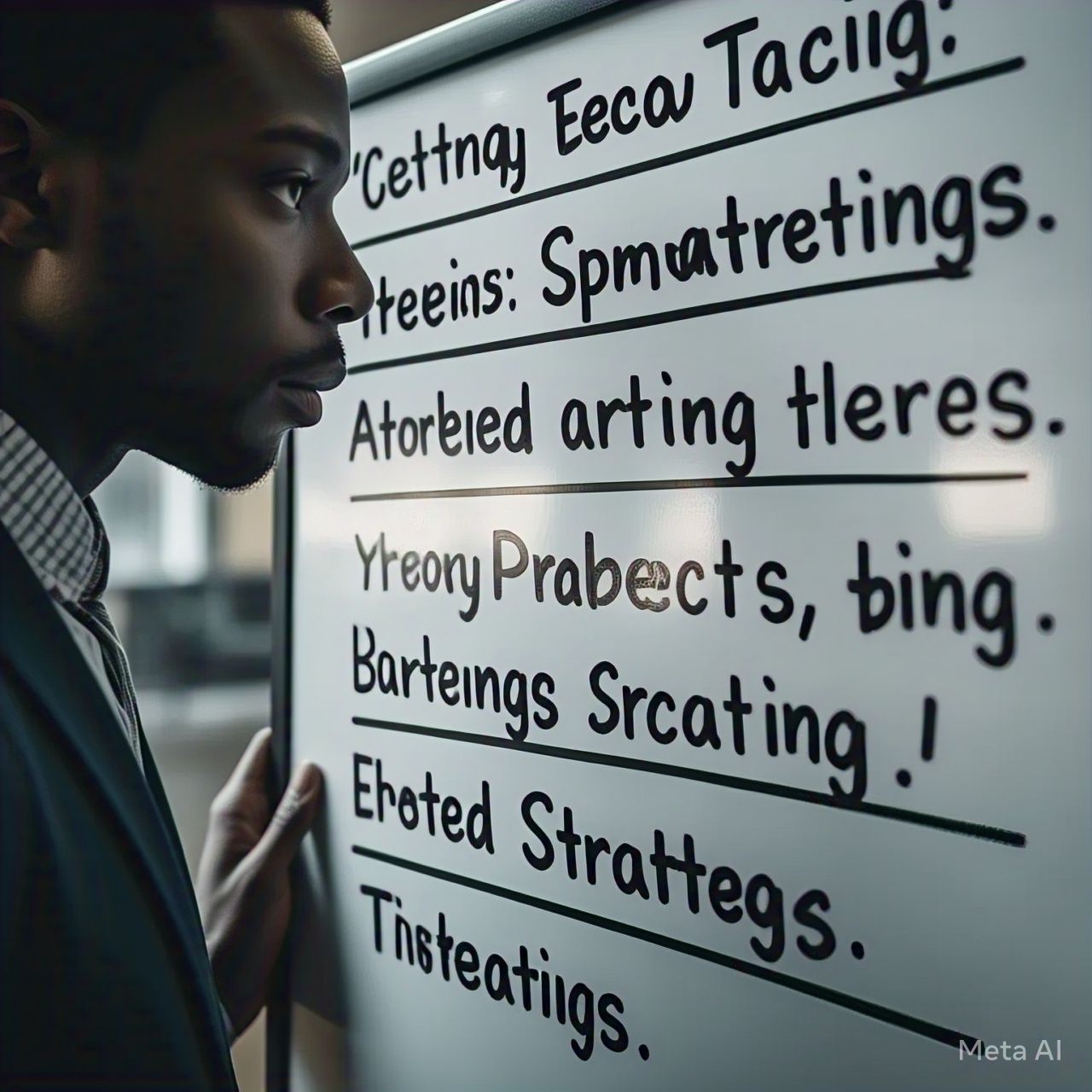Search Engine Optimization (SEO) is evolving faster than ever, and 2025 is bringing some of the biggest shifts we’ve seen in digital marketing. In the past, SEO focused mainly on keywords, backlinks, and on-page optimization. But today, AI (Artificial Intelligence) is transforming how search engines rank websites, making SEO more about user experience, intent, and content quality than just stuffing in keywords.
If you want to stay ahead of the competition, you need to understand how SEO is changing in 2025 and how AI is playing a bigger role than ever before.
1. The Shift from Keywords to Search Intent
A few years ago, ranking on Google was all about targeting the right keywords. If you wanted to rank for “best smartphones,” you just needed to include that phrase in your content multiple times.
In 2025, that’s not enough. Search engines have become smarter. Thanks to AI and machine learning, Google now understands the intent behind a search query rather than just matching exact keywords.
✅ How to Optimize for Search Intent in 2025:
- Focus on answering user questions clearly and concisely.
- Use long-tail, conversational keywords that match how people naturally search.
- Structure your content to match different types of search intent:
- Informational (e.g., “What is the best smartphone in 2025?”)
- Navigational (e.g., “Apple iPhone 15 official website”)
- Transactional (e.g., “Buy Samsung Galaxy S25 online”)
2. AI-Powered Content Creation & Optimization
AI tools like Google’s RankBrain and BERT are now analyzing and ranking content based on relevance, quality, and user engagement. This means spammy, low-quality content won’t cut it anymore.
✅ How to Optimize Content for AI in 2025:
- Write human-first, high-quality content that adds real value.
- Use AI tools like ChatGPT, Jasper, and Surfer SEO to analyze and improve your content.
- Create long-form, in-depth articles that cover a topic comprehensively.
Remember: AI favors well-researched, well-structured, and easy-to-read content.
3. Voice Search is Changing the Way We Optimize
With more people using smart assistants like Siri, Alexa, and Google Assistant, voice search is booming. By 2025, nearly 50% of searches are expected to be voice-based.
✅ How to Optimize for Voice Search:
- Write in a natural, conversational tone.
- Answer specific questions clearly (e.g., “What’s the best diet for weight loss in 2025?”).
- Use FAQ sections to target common voice queries.
Since people speak differently than they type, optimizing for voice search means focusing on questions and long-tail keywords.
4. User Experience (UX) & Core Web Vitals Matter More Than Ever
Google’s Core Web Vitals are now major ranking factors. This means your website must load fast, be mobile-friendly, and offer a smooth user experience to rank high in search results.
✅ How to Improve UX & Core Web Vitals in 2025:
- Speed up your website (aim for under 3 seconds load time).
- Optimize for mobile-first indexing (most users browse on mobile devices).
- Improve your website design and navigation for better usability.
A fast, easy-to-use website = higher rankings and more traffic.
5. Video & Visual Search Are Taking Over
Google now prioritizes video content, and platforms like YouTube, TikTok, and Instagram Reels are driving huge traffic. Visual search tools like Google Lens also make it easier for users to search with images instead of text.
✅ How to Optimize for Video & Visual Search:
- Create engaging, high-quality video content that answers search queries.
- Optimize your video titles, descriptions, and captions with relevant keywords.
- Add alt text and descriptive filenames to images for better ranking in Google Image Search.
Since people love watching videos, adding video content to your site can boost SEO significantly.
6. Featured Snippets & Zero-Click Searches Are the New Battleground
More than 50% of Google searches now result in zero-click searches, where users get answers directly from the search page without clicking any links. Featured snippets, People Also Ask (PAA), and knowledge panels dominate search results.
✅ How to Win Featured Snippets & Zero-Click Searches:
- Structure content with clear headings, bullet points, and tables.
- Use question-based formats like “What is…?”, “How to…?”, and “Best ways to…”.
- Provide concise, direct answers within the first 100-150 words.
By optimizing for featured snippets, you can still capture traffic even if users don’t click on your website.
7. Link Building Is Now About Authority, Not Quantity
In the past, SEO was all about getting as many backlinks as possible. But in 2025, it’s quality over quantity. Google now prioritizes links from authoritative, relevant sources over spammy backlinks.
✅ How to Build High-Quality Links in 2025:
- Get backlinks from high-authority websites in your industry.
- Use digital PR and guest posting to earn credible links.
- Focus on creating valuable, shareable content that naturally attracts backlinks.
The stronger your website’s authority, the better your rankings will be.
Conclusion: The Future of SEO is AI-Driven & User-Focused
SEO in 2025 is no longer just about keywords and backlinks—it’s about understanding user intent, leveraging AI, and optimizing for new search behaviors like voice, video, and zero-click searches.
To stay ahead, focus on:
✅ Creating valuable, high-quality content
✅ Understanding search intent & optimizing for voice search
✅ Improving user experience & Core Web Vitals
✅ Leveraging AI tools for SEO & content optimization
✅ Building high-quality links from authoritative sources
By embracing these changes, you can future-proof your SEO strategy and dominate search rankings in 2025 and beyond. 🚀




